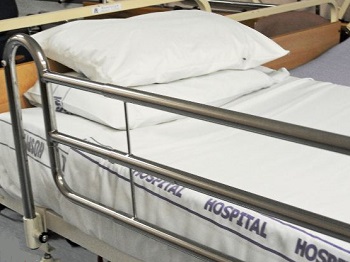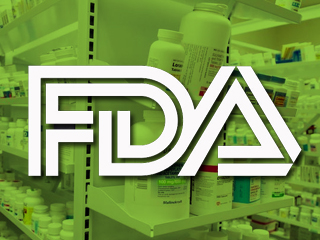NEC Indonesia plans to implement this new tech in select medical centers to improve sustainability and care.
NEC Indonesia, an IT and communications solutions and products firm, has now announced that it will be implementing a new form of mobile technology solution into select hospitals throughout the country.
This implementation of mobile tech will be a major component of its “Solutions for Society” project.
Among the IT solutions to be implemented as a part of this mobile technology program, will be its Bedside Nursing (BSN). The goal of the Solutions for Society project, as a whole, is to generate value in order to enhance the security and sustainability of Indonesian society. This particular component is designed to help to overcome the challenge of providing efficient, safe and yet affordable healthcare, which is a rising struggle for many organizations worldwide.
The proper use of mobile technology may help hospitals to be able to overcome some of those struggles.
 The primary challenge faced by nearly every hospital on the planet is in being able to meet a broad spectrum of needs of a patient population that is growing in its diversity. BSN has been created as an innovative IT solution that will ease the burden of those challenges through efficient resolutions.
The primary challenge faced by nearly every hospital on the planet is in being able to meet a broad spectrum of needs of a patient population that is growing in its diversity. BSN has been created as an innovative IT solution that will ease the burden of those challenges through efficient resolutions.
In order to use, BSN, nurses are equipped with mobile devices, such as tablets, in order to be able to obtain patient data on a real-time basis, and then make a request for information from the Hospital Information System (HIS). In this way, the nurses are better able to offer effective and personalized care to each patient.
The BSN system from NEC Indonesia is scalable on Android based mobile devices. It is meant to be user friendly and convenient, as well as compatible with the HIS platform. Upon the initial launch of this solution, it will be implemented in two of Indonesia’s major medical centers, including: Cimacan Public Hospital and Budh Asih Public hospital.
Through the use of this mobile technology, the result is supposed to be a reduced operational cost, while decreasing the risk of medical administrative errors and simultaneously improving patient care.
The U.S. Food and Drug Administration is looking at a new wave of wearables that can monitor serious illnesses.
While fitness trackers such as the popular Fitbit and Jawbone gadgets, there is a new form of wearable technology making its way into the marketplace and in this case, it will be necessary for FDA approval to be issued in order to be able to sell them in the United States.
That said, the FDA is looking forward to the opportunity to find certain wearables that work for medical purposes.
The first waves of these wearable technology devices are going to be heading to market soon, after extensive time in the lab in which they have been developed and extensively tested in order to meet the requirements of the FDA. These gadgets have been created in order to detect, monitor and track serious diseases in their wearers. This could help to enhance and broaden access to high quality health care and could create a new industry worth tens of billions of dollars.
This new wearable technology business opportunity could be very helpful for patients with diabetes, epilepsy and other illnesses.
 The FDA is already getting itself ready to handle the anticipated influx of mobile health gadgets that are hoping to be released pending its approval. According to the associate director for digital health with the agency, Bakul Patel, the FDA is already in the process of reviewing three new applications for senior health scientist positions that will have a focus on that specific category.
The FDA is already getting itself ready to handle the anticipated influx of mobile health gadgets that are hoping to be released pending its approval. According to the associate director for digital health with the agency, Bakul Patel, the FDA is already in the process of reviewing three new applications for senior health scientist positions that will have a focus on that specific category.
Despite the fact that the FDA has been called a barrier to innovation by certain entrepreneurs in the tech industry, the agency is hoping to alter that reputation and to become an important partner in the effort to ensure that devices can be developed that will be genuinely helpful in improving the health and quality of life of medical patients. It is also keen to encourage health insurance companies to start covering devices that receive official approval.
After all, patients, doctors, insurance companies and tech developers, alike, want to know that there is actual clinical benefit to a wearable technology device before it is released to market along with a slew of promises.
 The primary challenge faced by nearly every hospital on the planet is in being able to meet a broad spectrum of needs of a patient population that is growing in its diversity. BSN has been created as an innovative IT solution that will ease the burden of those challenges through efficient resolutions.
The primary challenge faced by nearly every hospital on the planet is in being able to meet a broad spectrum of needs of a patient population that is growing in its diversity. BSN has been created as an innovative IT solution that will ease the burden of those challenges through efficient resolutions.
 The FDA is already getting itself ready to handle the anticipated influx of
The FDA is already getting itself ready to handle the anticipated influx of 